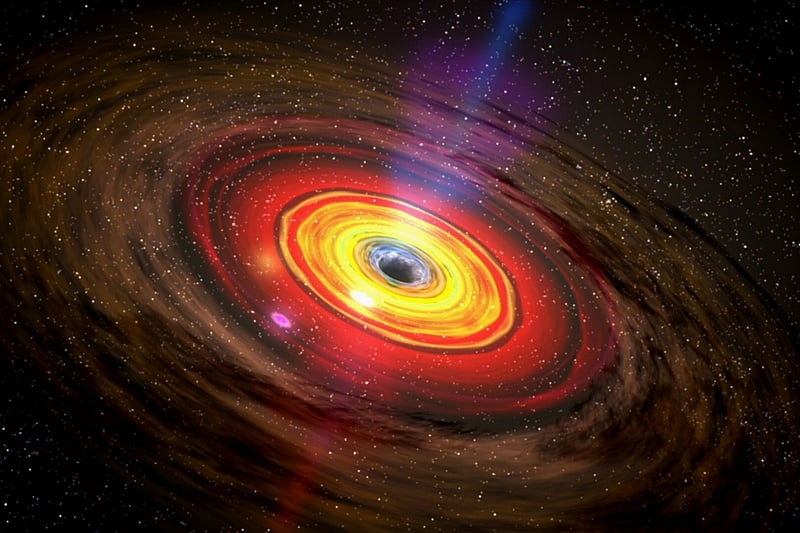Black Hole Exploration
Unveiling the Mysteries of the Cosmos: A Journey into Black Hole Exploration
Welcome, fellow space enthusiasts, to a thrilling adventure through the vast expanse of the cosmos, focusing on one of the most enigmatic phenomena - black holes. Join us as we delve into the mysteries of these cosmic entities that continue to captivate and intrigue scientists and stargazers alike.
What are Black Holes?
Black holes are regions in space where gravity is so intense that nothing, not even light, can escape their grasp. They form when massive stars collapse under their gravity, creating a singularity with infinite density at their core.
Types of Black Holes
There are primarily three types of black holes:
- Stellar Black Holes: Formed from the remnants of massive stars.
- Supermassive Black Holes: Found at the centers of galaxies and can have masses millions to billions of times that of the Sun.
- Primordial Black Holes: Hypothetical black holes formed in the early universe.
Exploring Black Holes
While black holes themselves are invisible due to their nature, scientists can study their effects on surrounding matter. By observing the behavior of stars and gas near black holes, researchers can infer their presence and properties.
Recent Discoveries
In recent years, advancements in technology such as the Event Horizon Telescope have allowed scientists to capture the first image of a black hole's event horizon in the galaxy M87. This groundbreaking achievement offers a glimpse into the extreme environments created by these cosmic giants.
Final Thoughts
As we continue to unlock the secrets of the cosmos, black holes remain as fascinating and awe-inspiring as ever. Their mysterious nature challenges our understanding of the universe and sparks our curiosity to explore further into the depths of space.

Join us on this cosmic journey as we unravel the mysteries of black holes and venture into the unknown realms of the universe. The cosmos awaits, filled with wonders beyond imagination.
For more information on black holes and space exploration, visit NASA's official website.
